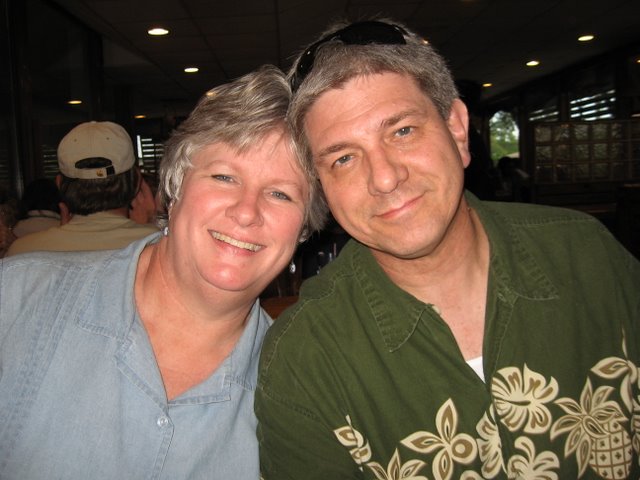Michael Yaconelli’s book, Messy Spirituality, is all about living the Christian life in the real world. Overall it’s a good book. It has a good list of strengths. The most obvious strength is that Yaconelli reminds us we are imperfect. Living the Christian life doesn’t mean being perfect. We mess up occasionally and more often than we are often willing to admit. In the midst of our messiness God continues to save us and grant us grace.
Another strength is that Yaconelli doesn’t offer any quick fixes. You will not find a chapter entitled “30 days to a new you.” In fact Yaconelli even has a quote from Eugene Peterson, who entitled one of his books A Long Obedience In The Same Direction. Peterson’s book title speaks for itself and probably represents Yaconelli’s view on the development of spirituality. Peterson is of the mind that spirituality happens over a lifetime. Yaconelli believes the same.
Yaconelli also reminds us that we grow at different rates, in different ways, and in different areas. He mentions a woman who was present in his assembly and she forgot to prepare communion, which they were supposed to have that day. It dawned on her during the assembly that she forgot and she said one colorful word out loud that let everyone knew she suddenly remembered. We all have stories like that but I’m sure there are some who wish we didn’t.
At the start of each chapter Yaconelli has some great quotes from other writers. The quotes are almost as valuable as his prose. One of these days I’m going to take some of his quotes and use them for an article on my blog.
The book does have a couple of weaknesses. It is mostly anecdotal which is both a strength and a weakness. It is a string of stories about real people who mess up (I found myself in a lot of those stories). This fits in well with his purpose - to demonstrate we aren’t perfect. But so many of them left me with the feeling I had reading some salesperson’s book trying to prove how good one can do at selling. There are literally hundreds of stories showing how much you can make selling anything. After awhile you are tempted to say, “Enough already!” A few well chosen stories would have made his point (IMHO) just as well.
I felt he could have used a little more scriptural exposition. There are some great passages that would have fit in well Yaconelli’s premise. Like 1John 1:5-10. John basically tells us that we are going to mess up even though we are in the presence of the God who is light and has no darkness. We are in the presence of perfection. Yet if we deny our imperfections we are self-deceived and call God a liar. Maybe this is a personal preference. I tend to judge lectureships and books by how much they increase my knowledge of Scripture. Others will perhaps like the lack of Scriptural exposition in favor of his stories.
The biggest weakness in my mind is that he doesn’t interact with the tension between stigma (or shame) and grace. Years ago, Phillip Yancy had a back page editorial called “A Tale of Two Sisters” (Christianity Today, December 11, 1995). It was a fabulous article. It’s subtitle was “Can we find a place for shame and grace?” which expresses well what Yancey was trying to do. He told the story of two sisters. One who ruled her family with a legalistic iron hand. Her family devotionals were about punishment from the Old Testament. All five of her kids deal with self-esteem issues but they were all faithful to their mates and raising their children in their faith (save for one). The other lived in grace. Her devotionals were from the Gospels. She didn’t punish her kids and eschewed the legalism of her past. All of her kids were unfaithful, drug addicts, and did not follow mom’s faith. Interesting tale. Yancey did a good job of interacting with the tension those two concepts create. Yaconelli did not. In fact Yaconelli gives the impression that he is like the sister of grace and that he wouldn’t allow the legalistic sister any place in his assembly. Shame or stigma should have a place in our spiritual growth in keeping us on the path (1Corinthians 4:14; 6:5).
Anyway, I would recommend Messy Spirituality for most anyone to read. Its basic premise that our sanctification is lived out in the realm of our imperfections is sorely needed in our churches. It could serve as a correction to our tight-lipped lives where we don’t reveal anything to others about ourselves. I think we preachers especially feel vulnerable about revealing our “messy spirituality” since to reveal such might in the eyes of some make us less of a spiritual leader. I like books that show the cracks in our spiritual journey and this book certainly does just that.

